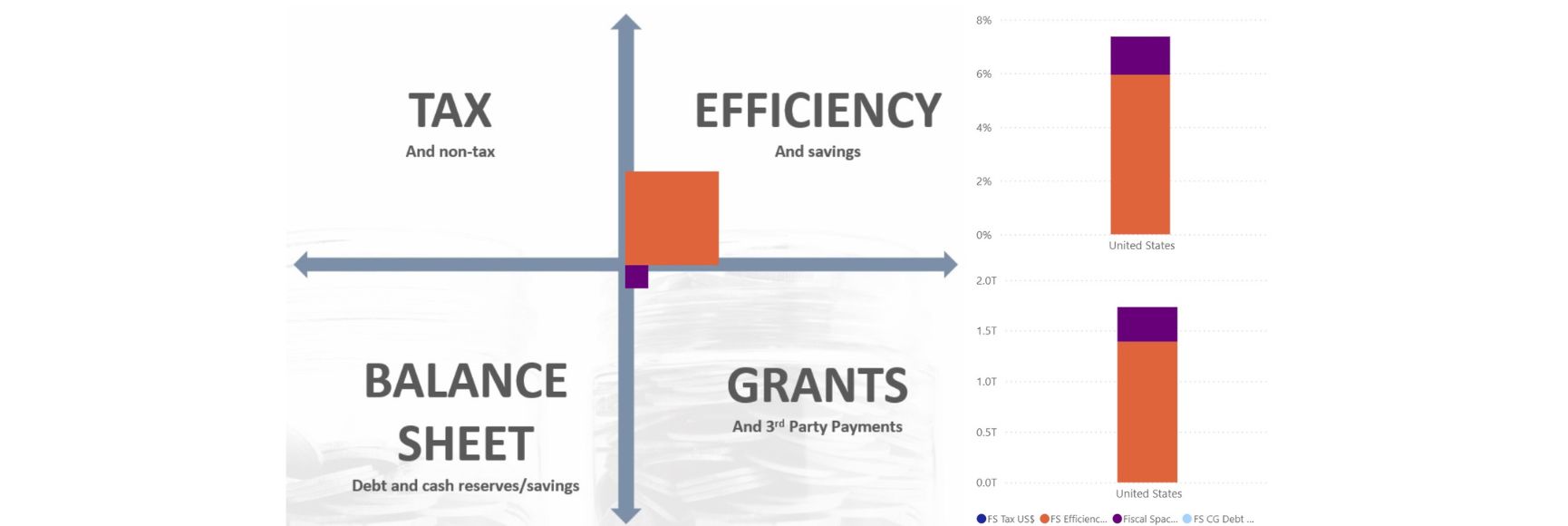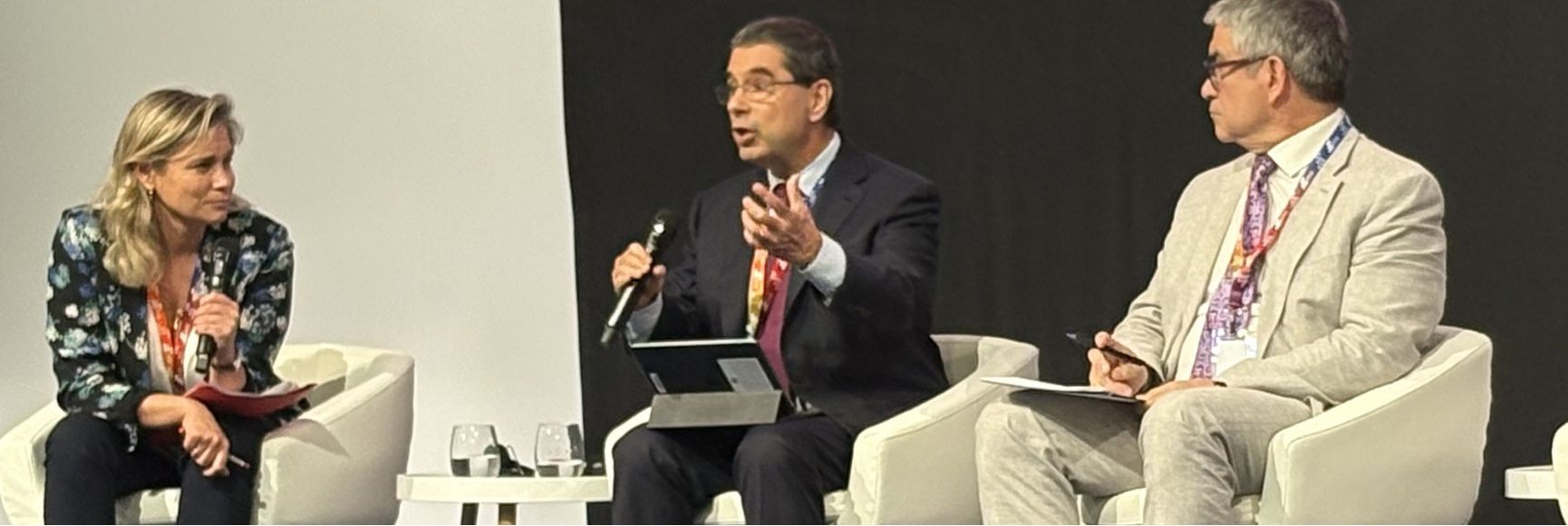Posted by Dr. Stephan Klingebiel, Director, and Timo Mahn, of the KfW Bank office in Rwanda
The road to the 4th High Level Forum on Aid Effectiveness in Busan later this month is paved with many reports, declarations and surveys. One of the key inputs for Busan is the OECD-DAC survey on monitoring the implementation of the 2005 Paris Declaration. Alas, the results of this third and final survey round, which were published a few weeks ago, show that overall progress has been dismal since 2005. While this does not come entirely unexpected, there has been a vibrant debate about the reasons for this outcome. Since the publication of the survey, several contributors suggested that, going forward, one key element that is required to make progress on the aid effectiveness agenda is to pay more attention to the governance dimensions of aid reforms.
In a paper published at the German Development Institute / Deutsches Institut für Entwicklungspolitik (DIE), we have argued that reforms of Public Financial Management (PFM) systems should have a key part in this. One of the challenges for development practitioners in the field of PFM is that often times, PFM reforms are still not seen as reform programs in their own right, but rather from the narrow angle of improving technical efficiency of financial management systems, processes and procedures. For PFM reforms to succeed, however, it is vital that their effects on governance are recognized and taken into account.
Moreover, the Paris Declaration survey suggests that while a number of developing countries have made great strides in reforming their country (PFM) systems, scepticism against the use of those system continues to abound in donor agencies which, to be fair, are faced with high pressures from their constituents or governing boards to correspondingly tackle the fiduciary risks of their operations (at times, this can amount to nothing less than squaring the circle). Again, it might be necessary to further elaborate on the rationale for PFM reforms, carefully bringing out its costs and benefits, including from a governance perspective.
And, to be sure, there are good reasons to do so. In both industrialised and developing countries alike, PFM reforms affect fundamental interests of state and governance. However, the contribution made by PFM reforms to the improvement of governance is often underestimated. In our view, at least four basic governance dimensions benefit from PFM reforms:
- First, a functioning system of PFM makes actors more accountable to the parliament, the national audit office and the public, thereby strengthening the link between government, its officials and the citizenry.
- Second, established PFM structures encourage the separation of powers by seeking to build institutions that are based on a division of labour and equipped with control mechanisms aimed at forming a system of checks and balances across government.
- Third, PFM reforms help to improve transparency by generating information, by networking sources of information and by making them accessible, which is also a prerequisite for crucial governance reforms, such as decentralisation processes. Not all PFM reforms are necessarily accompanied by a democratic process of openness. Nontheless, the efficient provision of services by the state often sets in motion a process of exchange between governments and citizens that leads on to increased participation and transparency.
- And fourth, PFM processes improve the effectiveness and efficiency of government action and so increase the state’s legitimacy which is in many countries marred by corruption and inefficiency.
PFM practitioners could draw on the potential “return of governance” (to paraphrase David Booth’s recent call to “bring politics back in” the aid effectiveness debate) by demonstrating and carving out the potential governance benefits of PFM reform programs. At the same time, programs should be designed to minimize any adverse effects they may have on governance in developing countries, such as, for example, the poaching of qualified government staff for donor projects. Moreover, donors will have to put their money where their mouth is and start applying the principles called for in the context of PFM reform programmes, such as the transparency of budgets and open tendering and procurement procedures, in their own development programming as well. As the Paris Declaration survey results show, this is often still lacking.
Such an approach to PFM reforms, which outlines the prospective governance benefits while also taking into account any potentially adverse effects, could be a valuable contribution towards addressing the need for a more governance-focussed development paradigm that might emerge from Busan.
Link to the Briefing Paper: “Reforming Public Financial Management Systems in Developing Countries as a Contribution to the Improvement of Governance” Briefing Paper No 3/2011, at the German Development Institute / Deutsches Institut für Entwicklungspolitik (DIE)
Note: The posts on the IMF PFM Blog should not be reported as representing the views of the IMF. The views expressed are those of the authors and do not necessarily represent those of the IMF or IMF policy.





